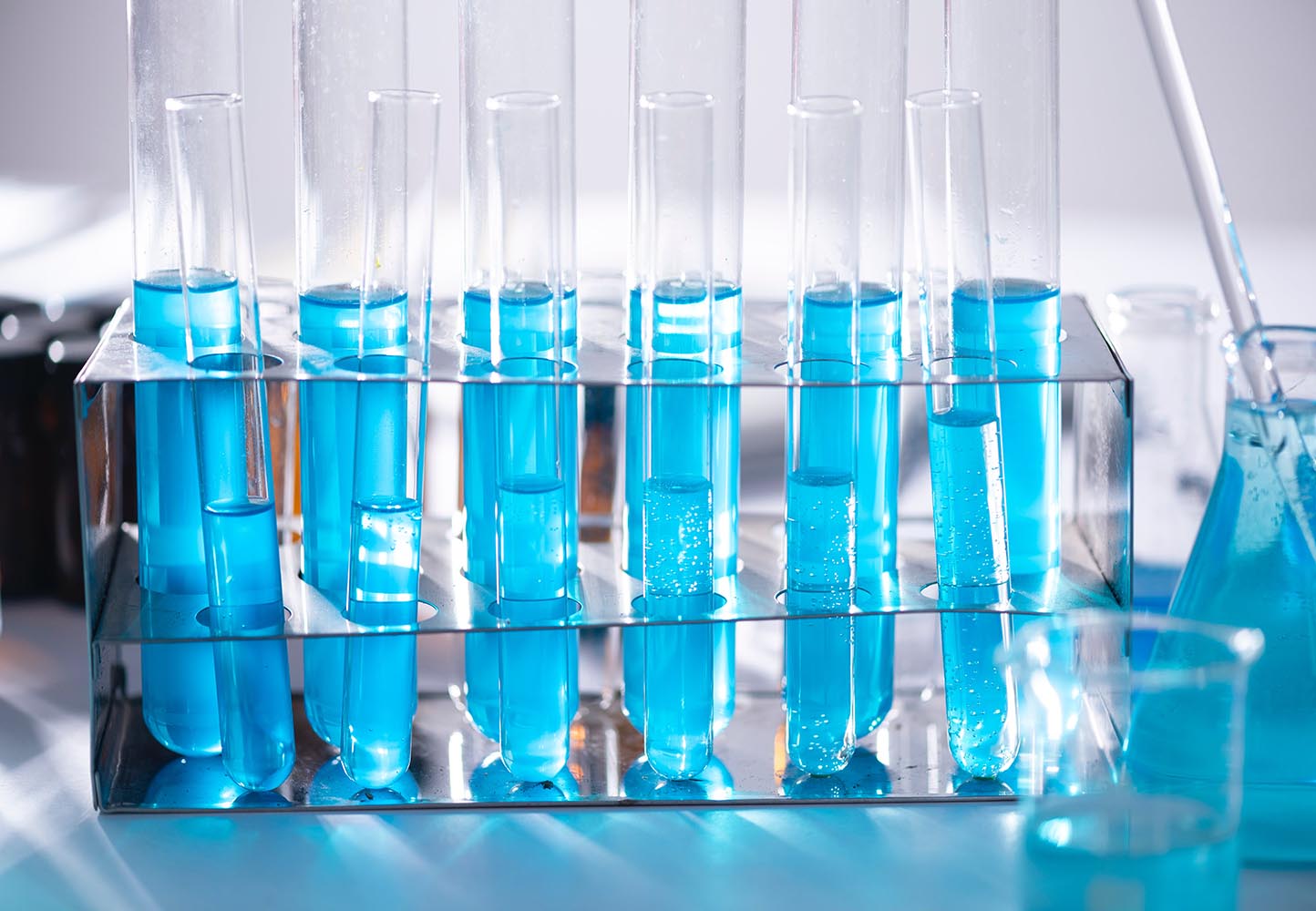
Australia proposes ban on short-chain chlorinated paraffins
The Australian Industrial Chemicals Introduction Scheme (AICIS), the national regulatory body responsible for the assessment and management of the introduction of industrial chemicals in Australia, is in the process of proposing a ban on the use of short-chain chlorinated paraffins (SCCPs) in a variety of products.
SCCPs are industrial chemicals used for multiple purposes, such as in metalworking fluids, plasticizers in PVC plastics, and as flame retardants in textiles. SCCPs serve as efficient lubricants and coolants in metalworking processes, helping to extend tool life and improve the quality of the machined parts.
But due to environmental concerns and potential health risks, many countries have already restricted or banned their use.
The current proposal by AICIS seeks to prohibit the manufacture, import, and use of SCCPs in all products in Australia. This includes their presence in concentrations of 1% or more in products or mixtures, echoing concerns about the possible harmful impacts these chemicals might have on both human health and the environment.
If the proposal passes, Australia would join a growing list of countries taking a stand against SCCPs, which includes member states of the European Union, the United States, and Canada, among others.
The consultation period for this proposal remains open, with stakeholders having the opportunity to voice their opinions before a final decision is reached. Comments will be accepted until November 8, 2023. If approved, the ban will become effective on July 1, 2024.
Australia began considering the ban on short chain chlorinated paraffins (SCCPs) when the chemicals were assessed under the National Industrial Chemicals Notification and Assessment Scheme (NICNAS), which is now known as the AICIS. The concerns were mainly due to their environmental persistence, potential for bioaccumulation, and toxicity to aquatic organisms.
In particular, the Australian Government proposed amendments to the “Industrial Chemicals (General) Rules 2019” in October 2023 to prohibit the introduction (import and manufacture) of SCCPs in Australia, aligning with international efforts to reduce the environmental and health impacts of these chemicals.
This decision to propose a ban was in line with global actions and commitments under the Stockholm Convention on Persistent Organic Pollutants, to which Australia is a party. The Convention listed SCCPs in 2017, urging member countries to eliminate or restrict the production and use of these chemicals due to the harmful effects they pose to human health and the environment.









